
Wagner halts revolt but Putin seen as weakened
Wagner mercenaries were headed back to base on Sunday after Russia’s President Vladimir Putin agreed to allow their leader to avoid treason charges and accept exile in Belarus.
The agreement ended the immediate threat that Yevgeny Prigozhin’s private army could storm Moscow, but analysts said Wagner’s revolt had exposed Putin’s rule as more fragile than had been thought.
Security measures imposed under an “anti-terrorism operation” were still in place in Moscow on Sunday, and Prigozhin’s exact whereabouts unclear.
He was last seen late on Saturday in an SUV leaving Rostov-on-Don, where his fighters had seized a military headquarters, to the cheers of a group of young civilian bystanders, who came to shake his hand through the car window.
Trucks carrying armoured vehicles with fighters on them followed his car.
His troops had left the Rostov military headquarters, and authorities in the Voronezh and Lipetsk regions northwards to Moscow said more forward Wagner units had also turned back.
There were reports that Wagner fighters had come as close as 400 kilometres from Moscow, while Prigozhin himself claimed that “in 24 hours we got 200 kilometres from Moscow.”
His long-standing feud with military top brass over the conduct of the Russian operation in Ukraine boiled over on Saturday, when Wagner forces seized the Rostov base and advanced towards the capital.
Putin denounced the action as treason and vowed to punish the perpetrators, accusing them of pushing Russia to the brink of civil war — only to then accept a rapidly cobbled-together agreement to avert Moscow’s most serious security crisis in decades.
‘Russian blood’
Within hours of Prigozhin’s surprise announcement that his forces would return to base to avoid “spilling Russian blood”, the Kremlin said Putin’s former ally would leave for Belarus.
Russia would drop the “armed rebellion” charges against Prigozhin and not prosecute Wagner troops, it said.
Ukraine revelled in the chaos, stepping up its own counteroffensive against Russian forces in the country and mocking Putin’s apparent humiliation.
Analysts also said the deal had exposed weakness in the Russian president’s grip on power.
Belarusian leader Alexander Lukashenko said he had negotiated the truce with Prigozhin. Moscow thanked him, but observers noted that an intervention by Lukashenko, usually seen as Putin’s junior partner, was itself an embarrassment.
Little is known about the deal, with Minsk saying simply that “negotiations continued throughout the day.”
Asked if Prigozhin had been given a guarantee that he would be able to leave Belarus, Kremlin spokesman Dmitry Peskov told domestic media: “It is the word of the president of Russia.”
In Ukraine, President Volodymyr Zelensky’s senior aide Mykhailo Podolyak tweeted: “Prigozhin humiliated Putin/the state and showed that there is no longer a monopoly on violence.”
Russia insisted the rebellion had no impact on its faltering Ukraine campaign and the day after the mutiny said it had repelled new offensive attacks by Ukrainian forces.
Kyiv, however, said the unrest offered a “window of opportunity” for its long-awaited counter-offensive.
Ukraine also said Sunday that the death toll on this weekend’s strike on Kyiv rose to five, with two more bodies recovered from rubble in the capital’s Solomyanski district.
Shock troops
Wagner fighters were often thrown into the front of Russia’s advance in Ukraine, made up of volunteers, ex-security officers as well as thousands of convicts Prigozhin had recruited.
The outfit also conducts several mercenary operations in the Middle East and West Africa.
These missions are seen to have the Kremlin’s backing and amount to Russian influence operations to curry favour with African governments and win access to mineral resources.
Independent political analyst Konstantin Kalachev told AFP: “The crisis of institutions and trust was not obvious to many in Russia and the West yesterday. Today, it is clear.
“Yesterday’s call for unity made by representatives of the elites only confirmed this. Behind these is a crisis of institutions and fears for themselves,” he said.
He noted that Russian leaders would be concerned by the sight of civilian onlookers applauding Wagner units in Rostov.
“Putin’s position is weakened,” he said. “Putin underestimated Prigozhin, just as he underestimated Zelensky before that. He could have stopped this with a phone call to Prigozhin but he did not.”
The Institute for the Study of War, a Washington-based think tank, said: “The Kremlin now faces a deeply unstable equilibrium.
“The Lukashenko-negotiated deal is a short-term fix, not a long-term solution, and Prigozhin’s rebellion exposed severe weaknesses in the Kremlin and Russian MoD.”
Mercenary legion
The United States and its Western allies, who back Ukraine, were tight-lipped about the revolt amid concerns that Putin’s control over the nuclear-armed country could be slipping.
Italian Foreign Minister Antonio Tajani told the daily Il Messaggero: “The myth of the unity of Putin’s Russia is over. This internal escalation divides the Russian military alliance.
“It’s the inevitable outcome when you support and finance a legion of mercenaries,” he said.
China’s foreign minister Qin Gang met Russia’s deputy foreign minister Andrey Rudenko in Beijing on Sunday, China’s foreign ministry said, but released few details about what was discussed beyond “international and regional issues of common concern”.
Russia’s foreign ministry said China had “expressed support for the efforts of the leadership of the Russian Federation to stabilise the situation in the country in connection with the events of June 24.”
- PM Oli Inspects ‘Sagarmatha Sambaad’ Secretariat, Calls for Streamlined Preparations
- Nepal Secures Six-Wicket Victory Over Hong Kong in Women’s T20 Cricket
- CPN-UML to Hold Central Secretariat Meeting on March 17
- Nepal’s Environment Minister Shahi Urges Global Action on Climate Change at UK Roundtable
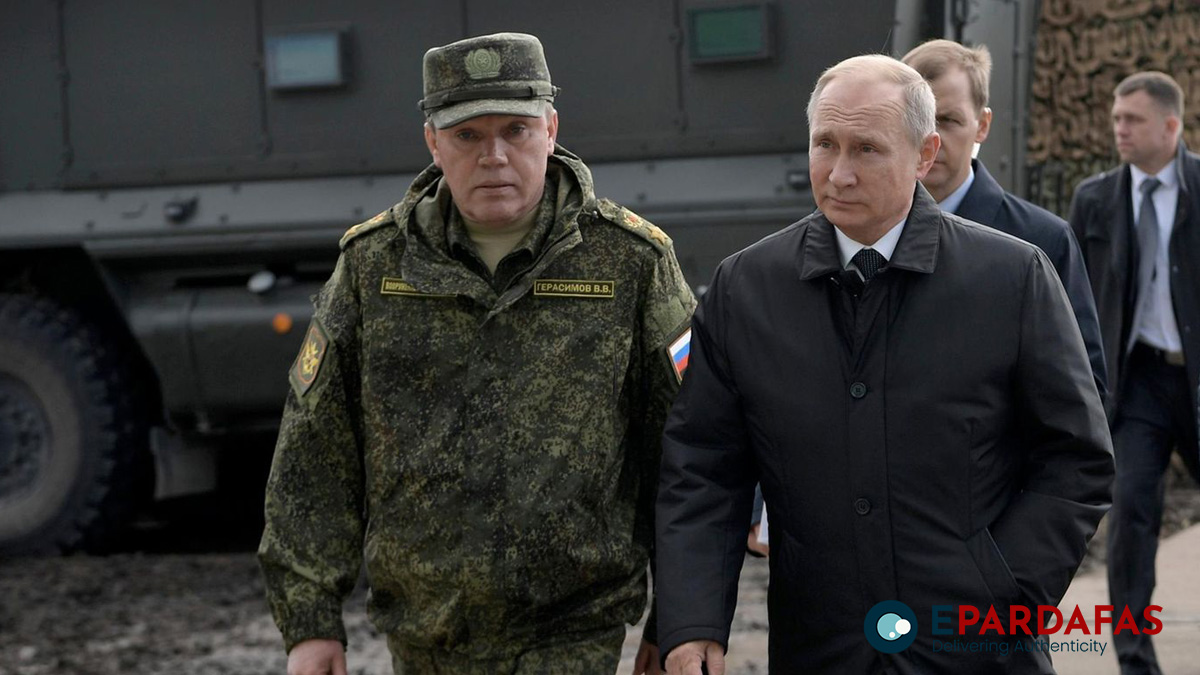

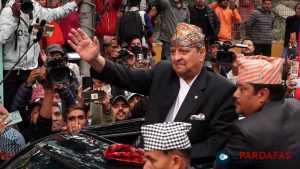
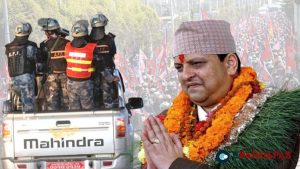

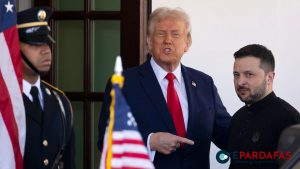



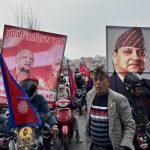

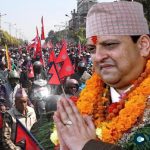

Comments